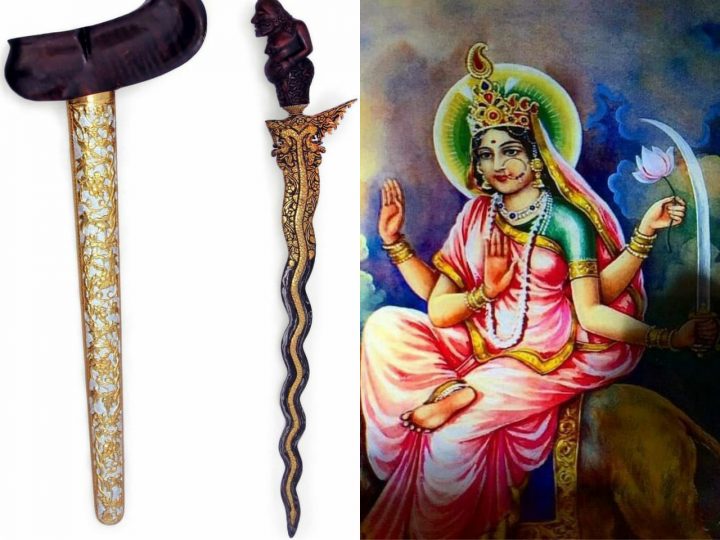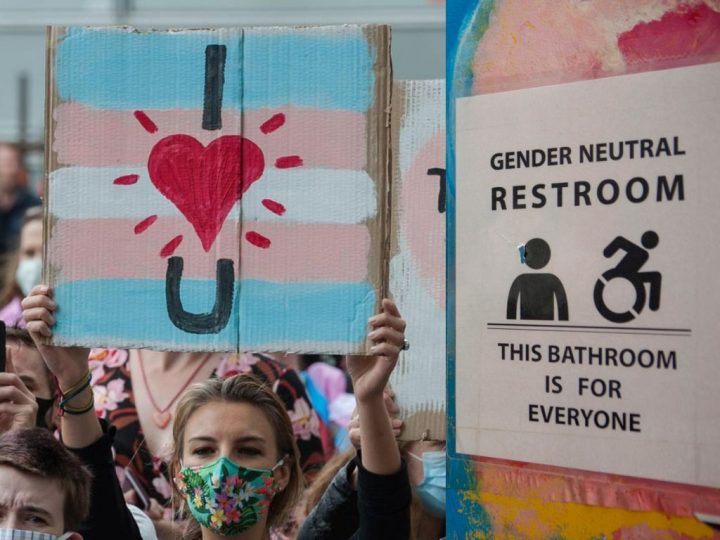S’porean Store Deemed Racist & Disrespectful For Marketing Attire Bedecked With Quranic Imagery
 Thirsty for JUICE content? Quench your cravings on our Instagram, TikTok and WhatsApp
Thirsty for JUICE content? Quench your cravings on our Instagram, TikTok and WhatsApp

You’ve heard of cultural appropriation, but what’s it called when sacred religious texts are printed onto clothing for aesthetic purposes?
According to this angered TikTok user, the act is nothing short of racist and disrespectful:
@__abu.toz__ greenscreen greenscreenvideo #singapore #islam #muslim original sound TOZ.TUBE
For context, in the clip, he’s referring to a clothing collection that was sold on Playmate, an online apparel website based in Singapore, comparable to the likes of Shein.
The issue at hand was that some one-piece swimsuits had full-on Quranic verses printed onto them, as well as a mindlessly listed “Islamic Cami Pajama Set”.
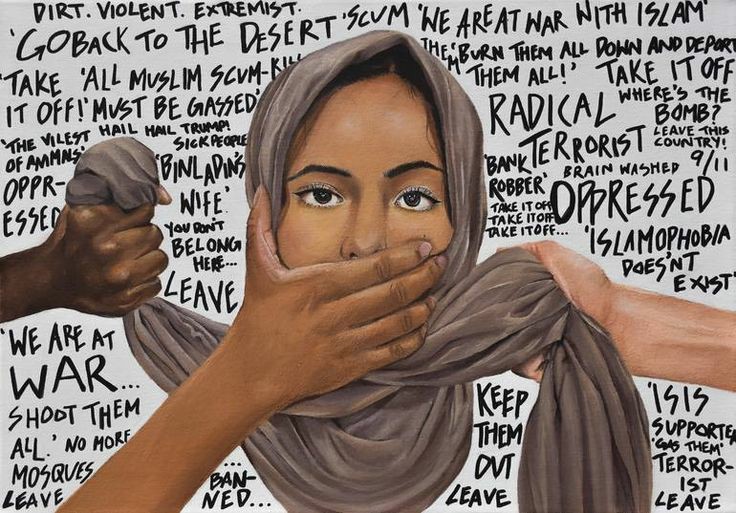
“I understand that being Islamophobic is the norm and people applaud you for being against the religion, but this is so disrespectful towards me and the billions of Muslims around the world.
“But now if we react towards this, we’re the religion of hate, correct?” he said, adding that he had lost all respect for Singapore as a country and that he could make racist remarks against them as well, but consciously chose not to.
The user then concluded the video by urging Muslims to share the information and hold the store accountable.
The video was published on Sunday (June 19) and has since garnered mass attention from other TikTok users.
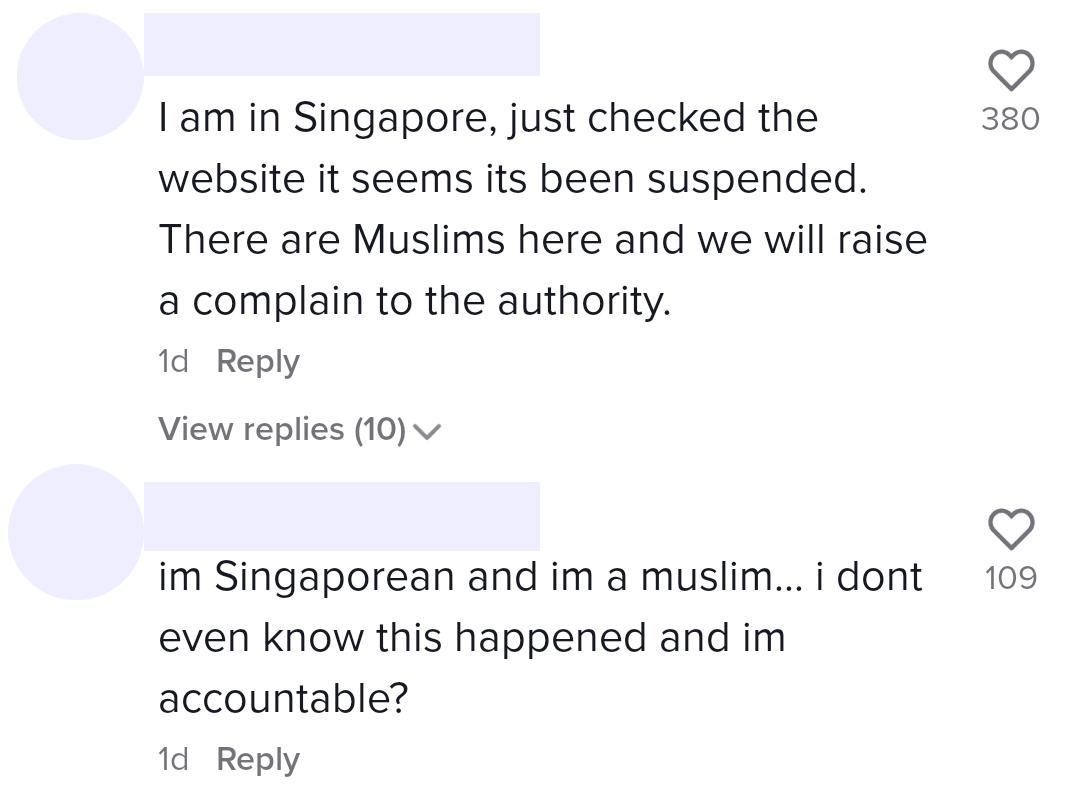
Some were in agreement with him, deeming the store’s behaviour intentional provocation, while others asserted that his words were offensive as he seemed to be shaming the entirety of Singapore over a single company’s mistake.

Following that, he published another video addressing the previous one, apologising for the generalisation and explaining that he was emotional while filming it and that he was not trying to attack the people as a whole and his only attention was to raise awareness on the matter.
@__abu.toz__ #greenscreen #greenscreenvideo #singapore #islam #muslim ♬ original sound TOZ.TUBE
However, in this clip, the TikToker exposes the full address of the online store, to which many retorted was fictitious and was that of an accounting firm; causing people to wonder if perhaps if the whole thing was merely someone’s poor attempt at satire.


Nevertheless, the store has apologised and agreed to withdraw the offensive pieces.
According to Mothership, one of their readers reached out directly to the store, saying that such clothing had no place in a diverse country.
“On behalf of our company, we want to sincerely apologise for this matter. We have removed all products regarding Muslims from our store.
We understand that our team made the mistake of accidentally selling these products in the sleepwear category.
We always respect all religions in general and Islam in particular. Going forward, we are going to take steps to ensure that this situation does not happen again.
Please let me know if you have any other concerns or questions. Again, we are so sorry for this inconvenience,” said Playmate.

The items have indeed been removed from the store and many Singaporeans have since claimed that the website has possibly been banned, as it is now inaccessible within the country.
However, the photos continue to circulate across social media platforms in the the form of screenshots, leaving a lasting and bleak trace of the blunder.
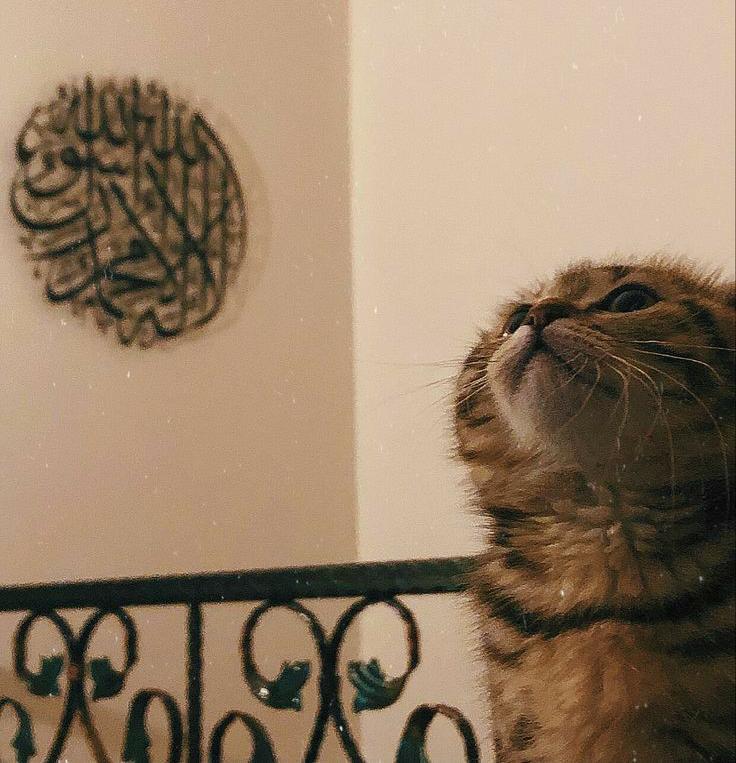
According to Islam Q&A, while there is no explicit reason to prohibit wearing clothing with written phrases promoting virtue and good characteristics, or praising Islam and its rulings and laws, one must consider the overall context.
For starters, non-Muslims are not permitted to wear phrases that incorporate the name of Allah.
Furthermore, it should not be worn by women; rather, it should only be worn by men who carry a tradition of wearing this article of dress.
The reason that women are not permitted to wear these types of garments is that their purpose is to draw attention so that the words can be read, and they are usually vibrant; or, in other words, may be worn with inappropriate intentions.


 Get Audio+
Get Audio+ Hot FM
Hot FM Kool 101
Kool 101 Eight FM
Eight FM Fly FM
Fly FM Molek FM
Molek FM
